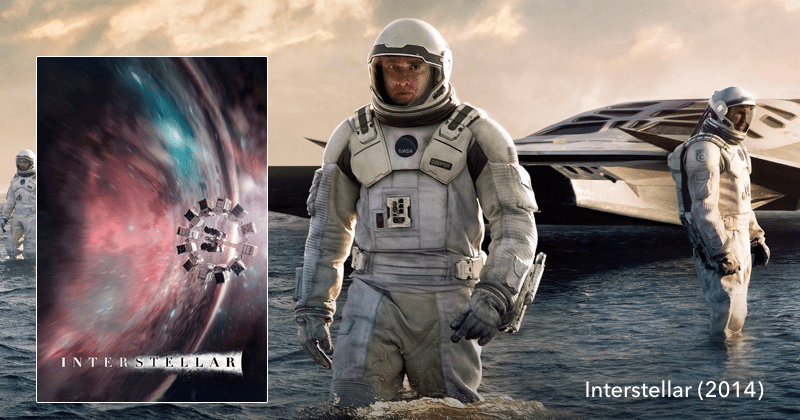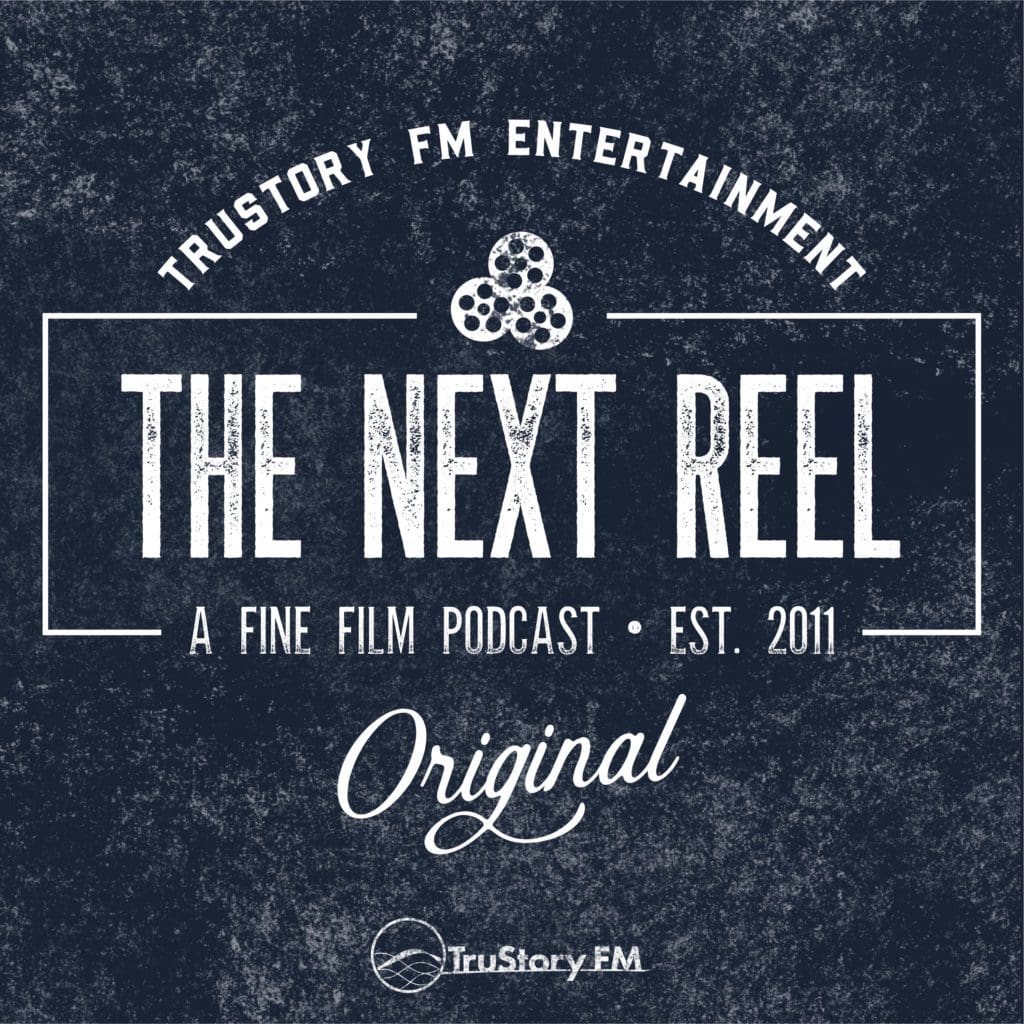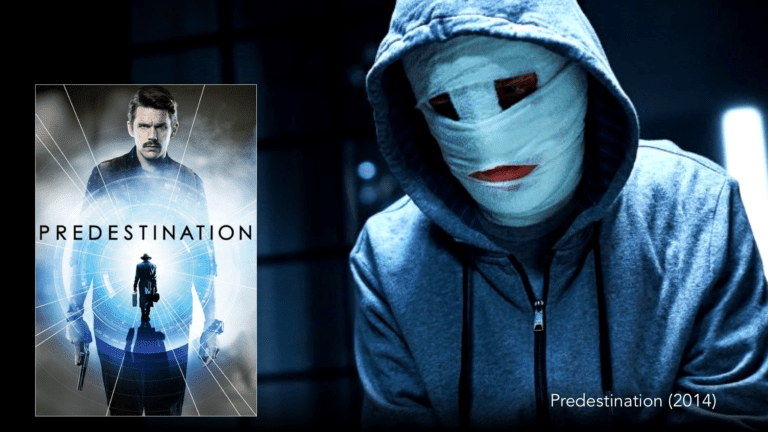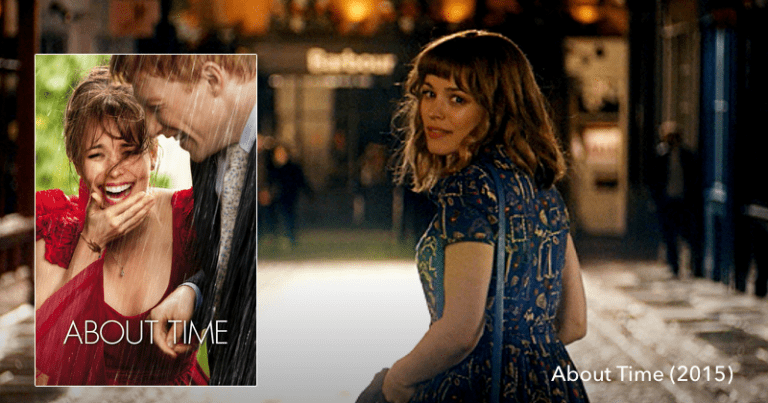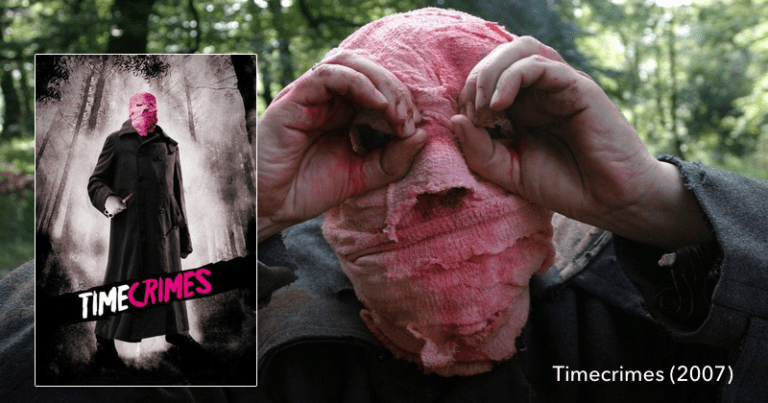Christopher Nolan certainly is a filmmaker with ambition. People may argue one way or the other about his story construction, or his editing style, or his attachment to film even, but it’s hard to argue that he’s not a filmmaker who is working hard to push big ideas out into the world of film. His 2014 film Interstellar, which he wrote with his brother Jonathan, pushes ideas about interstellar space travel, about space-time, about a dying Earth, about wormholes, about black holes – about leaving our planet – and creates a film that feels as much a scientific thesis as it does a story. Is it perfect? No. But the ambition and passion shine through in every frame. Join us – Pete Wright and Andy Nelson – as we continue our time travel series with Nolan’s film Interstellar.
We talk about how our feelings for this film have shifted over time – particularly Andy’s – and what our problems are with the film still. We look at the science behind this film and examine how it can be seen as a time travel movie in the first place. We talk about the performances, notably Matthew McConaughey’s, and what they do for the film. We dig into some of the theories and try to figure out exactly what they mean, because we swear we completely understood it while watching the film. We discuss the incredible imagery created by the camera team, the miniatures team, the visual effects team, the locations team and the production design team. We chat about Hans Zimmer and his music and how well it largely works in the film, and how it pairs interestingly with some edit choices. And we debate the choices the filmmakers use in the climax of the film.
It’s a challenging Hollywood film with big ideas and exciting themes, all laid out in a somewhat sloppy package. But there’s a lot going for it so it’s certainly worth a watch. Check it out for yourselves then tune in to this week’s show. The Next Reel – when the movie ends, our conversation begins.
Film Sundries
- Watch this film: iTunes • Amazon • YouTube
- Script
- Original theatrical trailer
- Original poster artwork
- Flickchart
- Letterboxd







